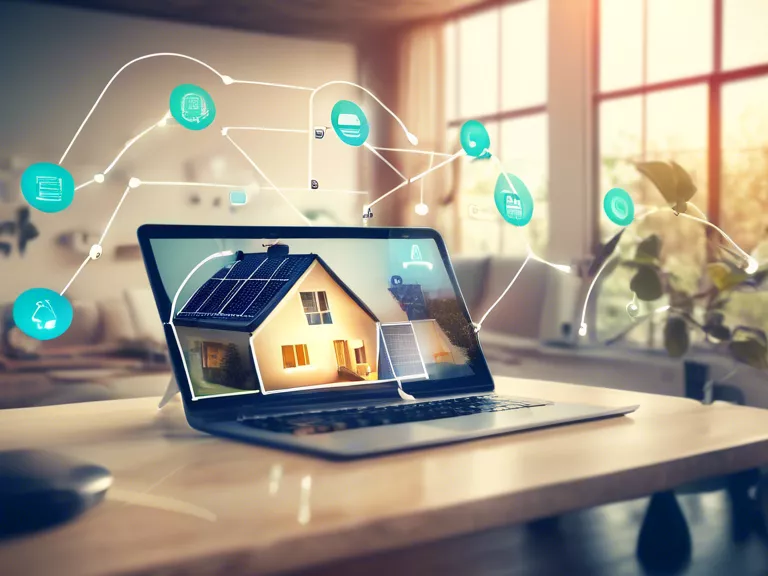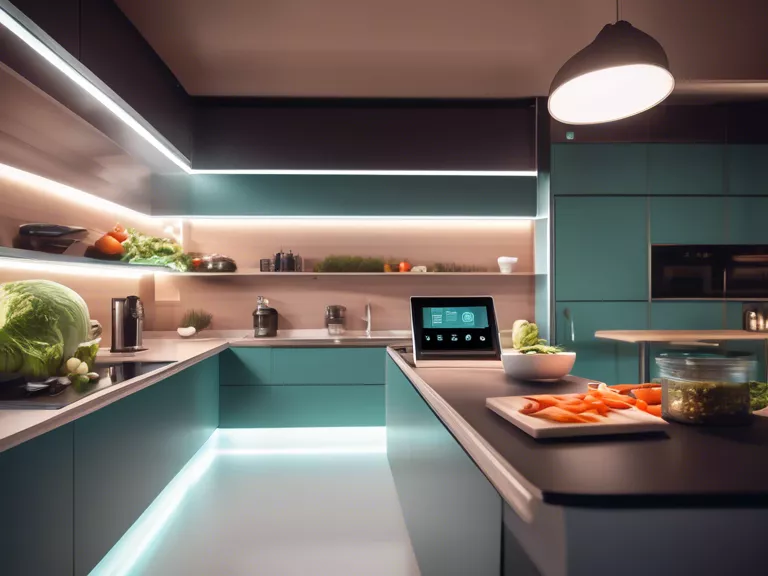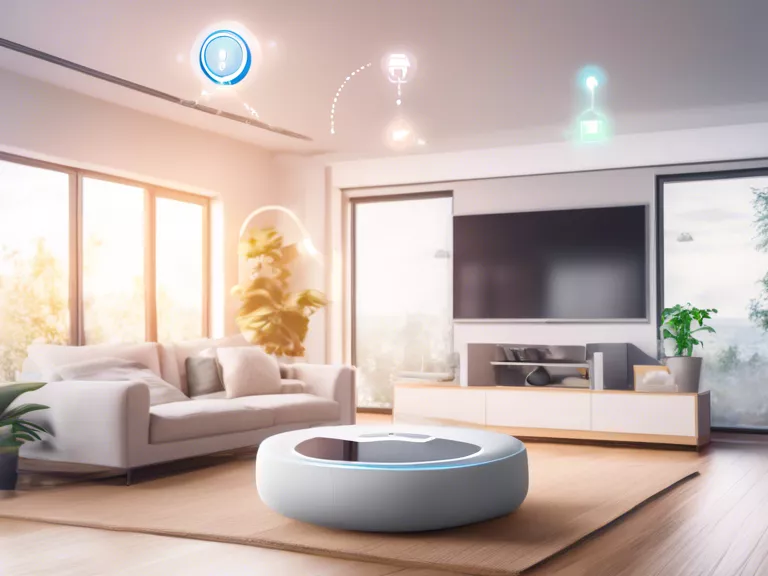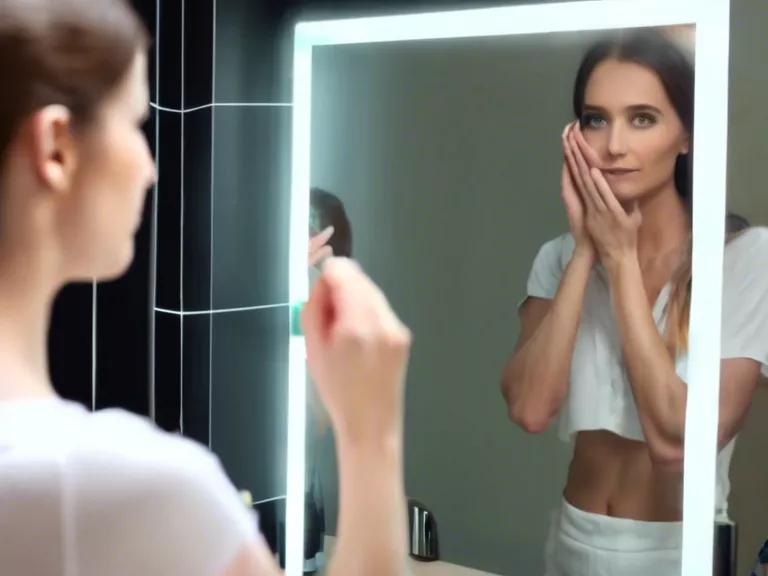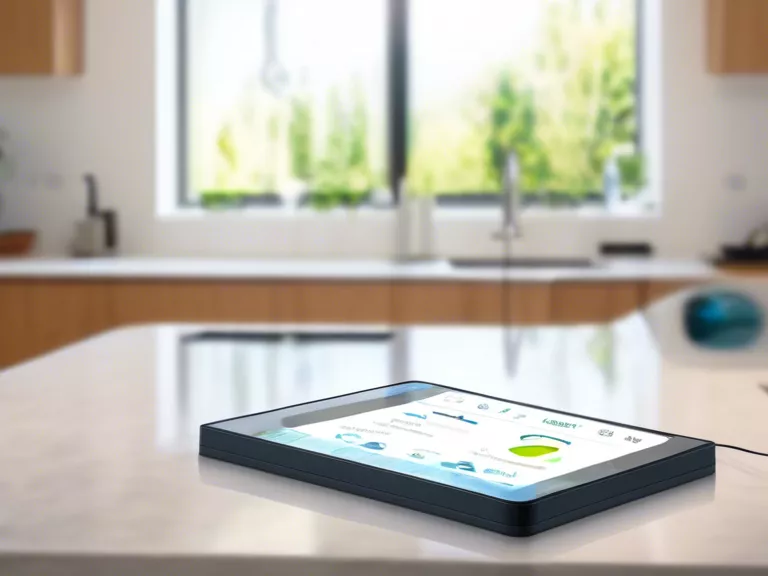
Smart home technology is revolutionizing the way we interact with our homes. One of the most impactful changes brought about by this technology is the ability to reduce water usage with automated systems. These systems use sensors, timers, and programmable settings to optimize water usage across various household functions, from irrigation to showering. By implementing smart home technology, homeowners can not only save money on their water bills but also contribute to water conservation efforts on a larger scale.
One key area where smart home technology is making a difference in reducing water usage is in outdoor irrigation systems. Traditional irrigation systems often rely on set schedules or manual operation, leading to inefficiencies in water usage. Smart irrigation systems, on the other hand, take into account real-time weather data, soil moisture levels, and plant water requirements to deliver the right amount of water at the right time. This precision ensures that water is only used when necessary, preventing wastage and promoting healthier plant growth.
Indoor water usage can also be optimized with the help of smart home technology. Smart faucets and showerheads can monitor water flow and adjust it based on user preferences. For example, a smart showerhead can limit water flow during lathering or shaving, then resume at the desired temperature and pressure when the user is ready to rinse off. This not only saves water but also provides a more convenient and personalized showering experience.
In addition to monitoring and controlling water usage, smart home technology can also detect leaks and alert homeowners to potential issues before they become costly problems. By promptly addressing leaks and other water wastage issues, homeowners can prevent unnecessary water loss and damage to their properties.
Overall, smart home technology is empowering homeowners to take control of their water usage and make more sustainable choices. By automating water systems and optimizing usage, smart homes are not only saving water but also promoting water conservation on a larger scale. As the technology continues to evolve, we can expect even more innovative solutions to further reduce water usage and promote a more sustainable future.
